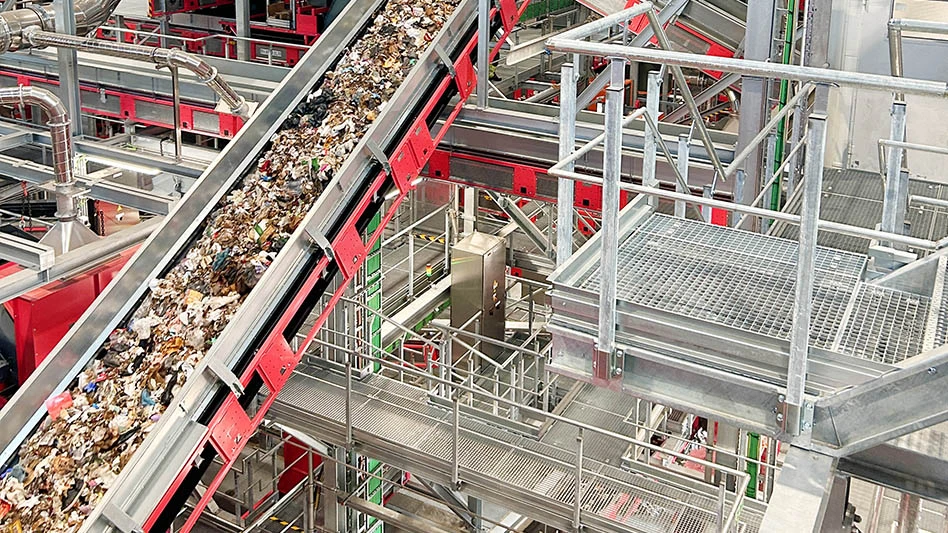
somchai20162516 | stock.adobe.com
Regulated but free movement of capital is integral for a modern economy to support sustainable growth. Capital, defined as currency/money, data and labor, moves freely across borders in every developed country other than the U.S. Every other developed country has national level policies and supporting regulations for the free movement of money, data and labor.
The U.S. immigration system does not reflect a modern and comprehensive movement of capital. Money and data in and out of the U.S. (across borders) is highly regulated, yet moves freely in a timely and efficient manner.
The U.S. labor market is mired in the outdated policies of the Immigration and Nationality Act of 1965. This issue transcends political parties. Without bipartisan comprehensive immigration reform, the U.S. economy risks tepid growth with stubbornly higher than ideal inflation.
Census data shows that U.S. population has a compound annual growth rate (CAGR) of approximately 0.98 percent over the past 50 years. The Congressional Budget Office shows the population is projected to grow at a yearly average of 0.6 percent over the next 10 years. The population, as of 2024, is approximately 336 million. Workforce demographics (baby boomer to Gen Z) point to a growing shortage of labor in all categories: laborers, skilled trades, professional.
RELATED: NWRA commentary: Waste and recycling efforts clear the path to recovery in postdisaster communities
These shortages are already evident across the breadth of the U.S. economy. Shortages of service employees in hospitality and food and beverage, drivers to deliver goods and provide essential services and skilled trades like mechanics, electricians and carpenters have only intensified in recent years.
The labor imbalances put recurring economic growth at risk, and tight labor markets keep upward pressure on wage inflation without the corresponding benefit of stable, sound economic growth. A sophisticated guest worker program will become essential.
You may now be asking, “how does this impact the waste and recycling industry, and why do they have a vested interest in immigration policy?” The members of the National Waste and Recycling Association (NWRA) provide a critical essential service to the U.S. economy. Every day our members’ employees collect the residuals of our economy—solid waste and recycling, industrial/hazardous waste, medical waste and construction and demolition debris. In today’s tight labor market, driver turnover ranges between 20 percent and 35 percent per year, with over 22.5 percent of the direct workforce being Hispanic.
The private market waste industry leads the way in a circular economy, reducing carbon intensity of its operation and seeking to minimize waste generation. It does this using its own capital and without subsidies. Comprehensive immigration reform is needed to assure the private waste industry can sustain best practices and continue to support an economic legacy that generations to come will remember.
Emma Lazarus’ poem “The New Colossus,” which is inscribed on the pedestal of the Statue of Liberty, is worth a read with these specific words a reminder of who we are as America, “With silent lips. ‘Give me your tired, your poor, Your huddled masses yearning to breathe free, the wretched refuse of your teeming shore. Send these, the homeless, tempest-tost to me, I lift my lamp beside the golden door!’”
Michael E. Hoffman is president and CEO of the National Waste and Recycling Association, an Arlington, Virginia-based organization championing the waste and recycling industry. Learn more at www.wasterecycling.org.
Latest from Waste Today
- US Senate backs reduced cuts to EPA
- ELV Select Equipment, Reworld aid NYPD in secure firearm disposal
- Waste Connections announces Q2 results
- Returnity and Cosmoprof to address reusable bag waste
- SWANA releases report on aging WTE facilities
- New economic assessment reveals cost benefits of California’s SB 54
- Premier Truck Sales & Rental opens new facility
- TeknTrash Robotics, Sharp Group partner on humanoid robot pilot





